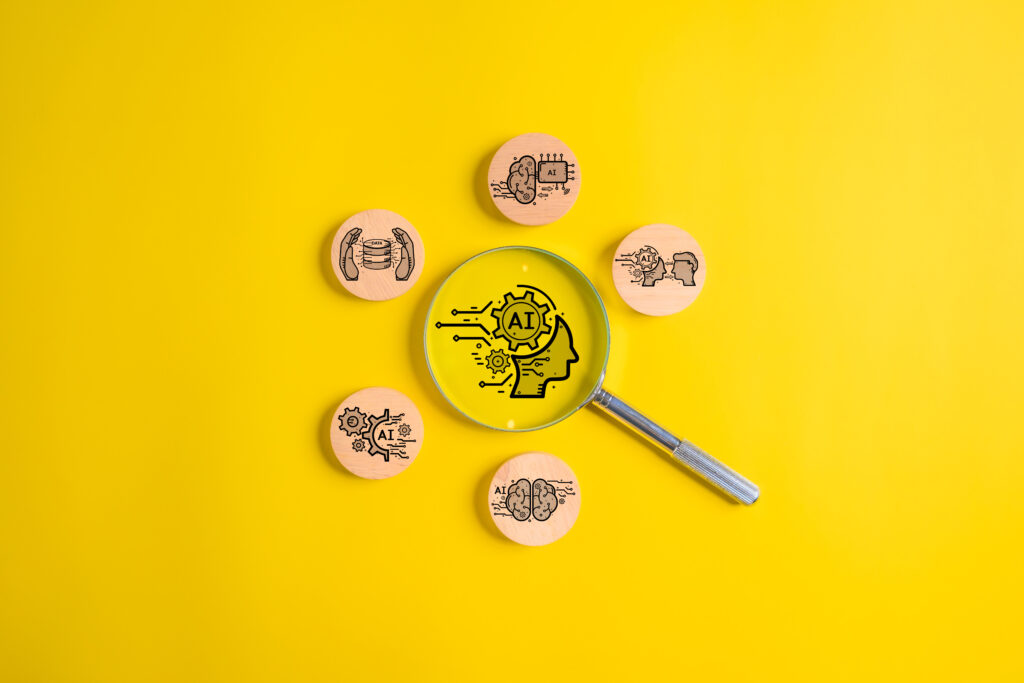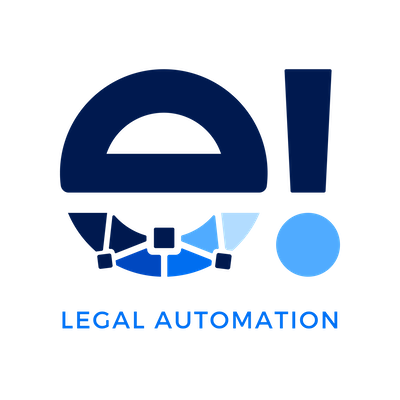Using AI to improve legal understanding is a groundbreaking shift in the realm of law. Historically, legal terminologies, intricate statutes, and multifaceted case laws have posed challenges for many trying to navigate their rights and obligations. However, with the advent of artificial intelligence, a new horizon of clarity and accessibility emerges.
AI tools and platforms are now demystifying the complexities of the legal world, allowing individuals to grasp their rights and the nuances of the law with greater ease. In this article, we’ll explore the transformative ways in which AI is making legal knowledge more approachable and comprehensible to the masses.
Using AI to Improve Legal Document Interpretation
Legal documents, whether they are contracts, wills, or statutory provisions, are notorious for their complexity. Using AI to improve the interpretation of these documents has become a game-changer. Advanced natural language processing algorithms can break down complex sentences, identify key terms, and provide clear explanations. This not only empowers individuals to understand the documents they’re dealing with but also ensures they make informed decisions based on that understanding.
Furthermore, using AI to improve this interpretation means that these tools can adapt and learn from user interactions. Over time, they can recognize common areas of confusion and proactively provide clarifications. This continuous learning ensures that AI tools remain relevant and up-to-date, reflecting the evolving nature of legal language and its interpretation.

Enhancing Legal Research Using AI to Improve Results
Legal research is a cornerstone of the legal profession, but it’s also a resource many individuals turn to when trying to understand specific legal issues. Traditional methods of research can be time-consuming and may not always yield relevant results for non-professionals. By using AI to improve the accuracy and relevance of search results, users are guided to the most pertinent information, breaking down complex legal principles into digestible insights.
Moreover, using AI to improve legal research means that these platforms can offer predictive analysis. For instance, based on a user’s search patterns and queries, the AI system can anticipate future questions and provide preemptive answers or resources. This proactive approach ensures that users have a comprehensive understanding of their legal concerns, bridging gaps in knowledge even before they arise.
AI-Powered Chatbots for Immediate Legal Assistance
Immediate queries about legal rights and options can now be addressed through AI-powered chatbots. These chatbots are designed to provide instant answers, guiding users through their legal dilemmas. Using AI to improve the accuracy and relevance of their responses, these chatbots serve as a first line of legal assistance. This not only saves time but also provides immediate clarity.
Additionally, the continuous evolution of these chatbots, using AI to improve their conversational capabilities, means that they can engage in more in-depth discussions over time. They can recognize the emotional tone of the user, providing empathetic responses and ensuring that the user feels heard and understood, which is crucial in legal scenarios where emotions often run high.

Ethical Considerations: Using AI to Improve Legal Services Responsibly
While the benefits of using AI to enhance legal understanding are manifold, it’s essential to approach this integration with a sense of responsibility. There are concerns about data privacy, the potential for misinterpretation, and the reliability of AI-generated advice. Legal professionals and tech developers must collaborate to ensure that AI tools are transparent, regularly updated, and clear about their limitations.
Using AI to improve ethical considerations also means that these systems can be programmed to recognize potential ethical dilemmas in legal scenarios. They can then guide users to seek human intervention or provide resources that discuss these ethical concerns in depth, ensuring that users are always making informed and ethically sound decisions.
The Future: How Using AI to Improve Legal Understanding Will Shape the Legal Landscape
As AI continues to evolve, its role in the legal sector will undoubtedly expand. Future iterations of AI tools might offer more personalized advice, predict legal outcomes based on historical data, or even assist in dispute resolutions through AI-mediated negotiations. The potential is vast, and the goal remains consistent: to make legal knowledge and services more accessible, understandable, and user-friendly.
In envisioning this future, using AI to improve legal education and training will also play a significant role. As AI tools become more integrated into legal services, legal professionals will need to be trained to work alongside these tools, ensuring a harmonious blend of human expertise and AI capabilities.
Conclusion
The integration of AI into the realm of legal understanding is more than just a technological advancement; it’s a step towards democratizing legal knowledge. By using AI to break down barriers, simplify complex information, and provide immediate assistance, the legal world becomes less intimidating and more accessible. As we continue to innovate and refine these tools, the promise is a future where everyone, regardless of their background, can navigate the legal system with confidence and clarity.






